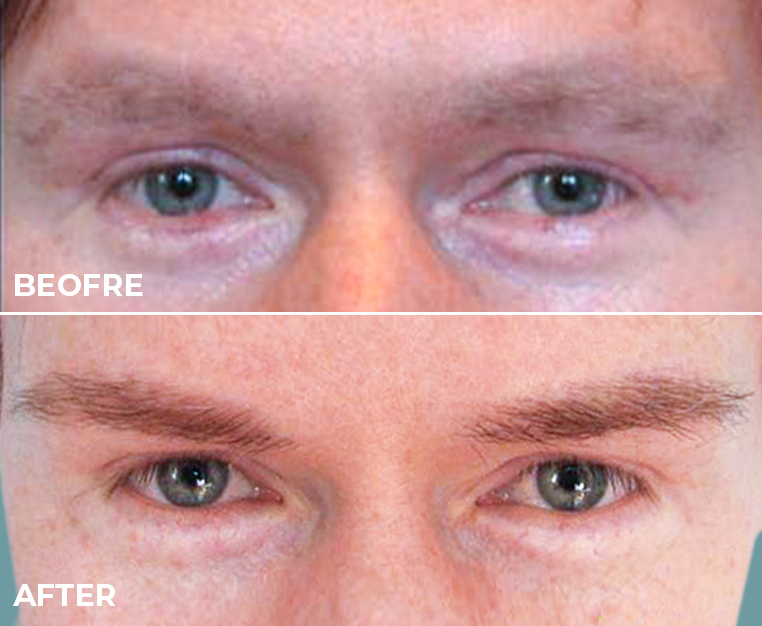6 Common Triggers Of Hair Loss In Women And What To Do About It
Hair loss is normal. Until it’s not. There is no getting away from the fact that you’re going to lose some strands in the shower. And more when you brush your hair. Even the seemingly peaceful act of going to sleep at night causes some hair strands to come loose. Typically we lose around 80 to 100 strands per day. If you start seeing more hair in the plughole of the shower or on your brush and more thinning on your scalp, that’s when you need to take action.
There are so many potential triggers for hair loss, and so it can be tricky knowing the reason behind sudden hair loss. The fact that you don’t understand why means finding the remedy may be just a little trickier, too. In this blog, you will learn about the common triggers of hair loss and what you can do to maintain healthy hair.
Your Hormones Are Out Of Balance
A variety of health and beauty issues arise from a hormonal imbalance, from acne to weight gain. The entire body will react when hormones go out of whack, and unfortunately, this includes your hair too.
Getting the balance between oestrogen and androgens is vital to keeping your hair healthy. Male hormones shorten the hair growth cycle, while female hormones are hair-friendly and promote hair growth.
Endocrine disorders such as Polycystic Ovarian Syndrome will cause an excess of androgens which can cause hair loss. Follicle sensitivity is a genetic predisposition which often means a hormonal imbalance can affect your hair more than if you don’t have the genes.
Something Is Stressing You Out
Stress is a well-known trigger of hair loss because it can raise the levels of the male hormone, which in turn causes hair loss. Significant stress pushes a large number of hair follicles into the resting phase or telogen effluvium. Over a short space of time, these hairs may fall off suddenly if you do not deal with the root cause of the stress.
The best way to resolve stress-related hair loss is to find a means of reducing stress levels. Mindfulness and other relaxation techniques may help, as well as counselling to deal with the source of the stress.
Iron Deficiency or Anaemia
Iron is an essential mineral, and it is vital to the body in the production of red blood cells. Red blood cells deliver oxygen and nutrients to critical tissues and organs, including hair follicles. Iron deficiency anaemia is a condition that develops if you don’t have enough iron in your body. When the body lacks iron and can’t function correctly, it diverts red blood cells to deliver oxygen and nutrients to essential organs, starving hair follicles of oxygen, leading to shedding and hair loss.
A blood test can show if you are deficient and your doctor can prescribe an iron supplement. Ensuring you eat a healthy diet and foods rich in iron also helps to prevent iron deficiency.
Rapid Weight Loss
Dramatic weight loss causes changes in the body which drive hair follicles into the resting phase or telogen effluvium. You may discover that weeks after the fact that your hair is falling out excessively. Excessive shedding is due to the number of hair follicles which went dormant while you were losing weight because your body was signalling a rapid decrease in available calories. The good news is that your hair will grow back once your weight stabilises. Nutrient deficiency often shows up first in your hair.
Problematic Thyroid
According to a leading trichologist, “The thyroid gland helps to regulate the body’s metabolism by controlling the production of proteins and tissue use of oxygen. Any thyroid imbalance can therefore affect hair follicles.” An underactive thyroid causes a condition known as hypothyroidism. If you do not receive treatment for hypothyroidism, it often leads to anaemia.
Age
There are lots of changes happening as women approach the menopause and during it. These changes in your body will have an impact on your hair too. Hair naturally gets finer with age which is a normal part of the ageing process.
Staying In Tune
Staying in tune means listening to and understanding your body and hair. Knowing how much hair you typically lose every time you wash or brush your hair allows you to immediately tell when you suddenly notice more hair. Lifestyle factors such as eating a balanced diet and hairstyle choices will also help to maintain healthy hair.
So what do you do if you suspect there is something not quite right with your hair? If you have a history of hair loss in the family or are showing classic signs of pattern hair loss, you should seek medical advice. A dermatologist or trichologist will be able to offer you advice on the possible causes of your hair loss.
For those with progressing hair loss, you can choose to book a consultation at Vinci Hair Clinic. A hair loss and restoration expert will examine your family history, your hair and scalp and determine the most probable cause, as well as coming up with possible treatments. From medical treatments to surgical intervention, the doctor will help you find the option that best serves your interest. Call or send a message to book a consultation today.


